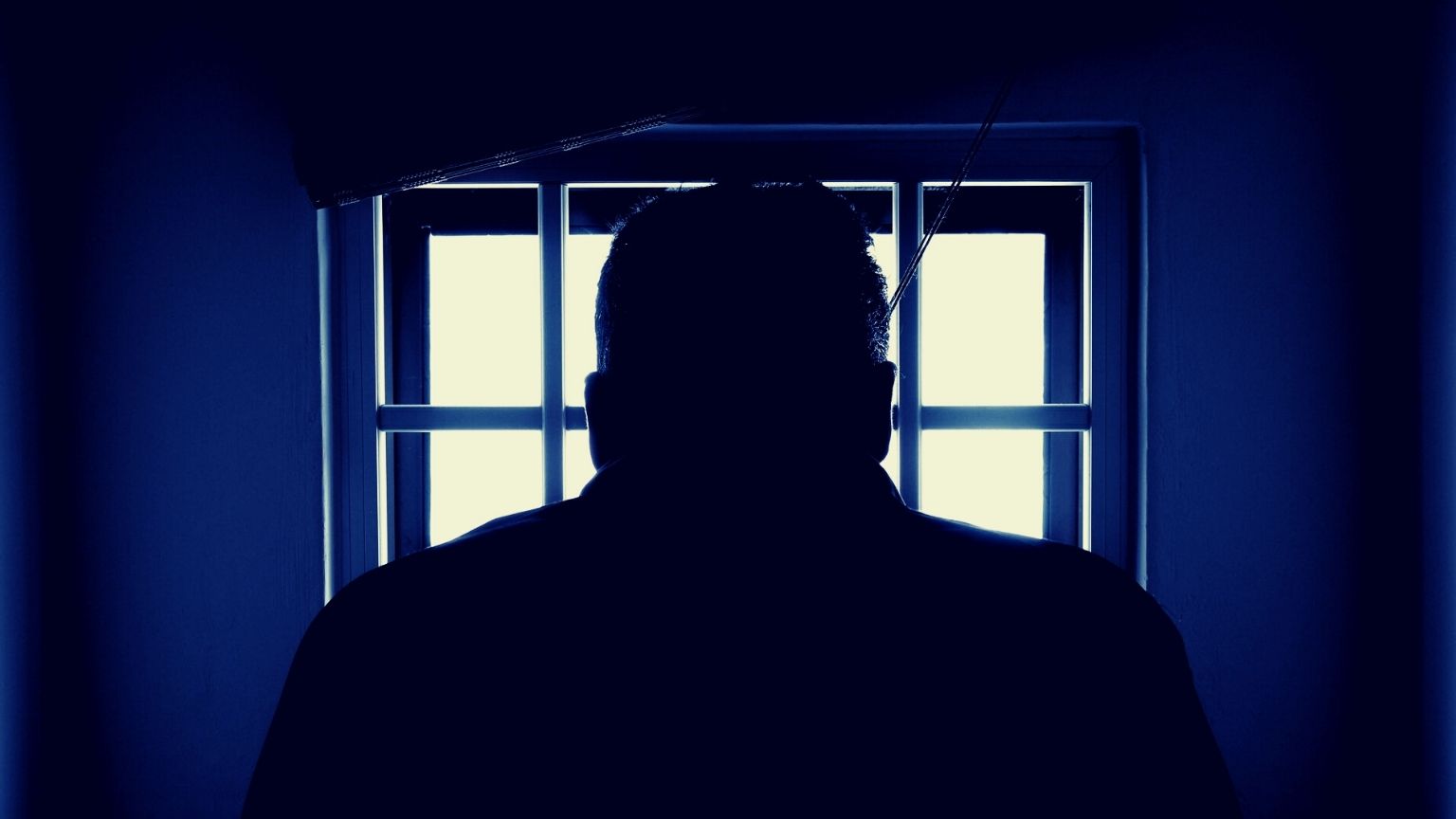Australia’s often draconian measures in response to the epidemic continue to intensify, with reports now saying that one of its states, New South Wales (NSW) is threatening to jail unvaccinated people who try to enter business premises without a COVID vaccination pass.
Related: How vaccine passports are crushing freedom, privacy, and civil liberties
All this comes as the state is rolling out vaccination passports amid fears that preventing people from entering certain premises might lead to altercations and confrontations. This has already been happening when people were forced to wear masks or show QR codes, and is only expected to get worse when NSW starts forcing citizens to show a passport to enter restaurants or the hairdresser’s.
The National Retail Association data shows increased violence towards staff in Victoria and NSW in 2021, and the organization’s chief executive Dominique Lamb is worried that vaccine passes will make things worse.
“We know customer violence escalates every time a new public health protocol is put in place,” Lamb said, according to reports.
In what appears to have been an attempt to intimidate anyone who might try to enter a store or a restaurant without a vaccination pass, NSW Customer Service Minister Victor Dominello is quoted as telling ABC, “If people want to do the wrong thing, if they get found out it could be jail time there.”
Dominello’s spokesperson then sent a statement to the media trying to do some damage control, saying the comment had been taken out of context and only applied to those who forge vaccination certificates.
The spokesperson added that businesses and their customers share responsibility in complying with vaccine certificates rules. But on Monday, Dominello went on another show to once again say that business owners should report people who refuse to show the pass to the police.
He backed this up by saying that the state’s premier has repeatedly said that the primary responsibility is on the individual – something that seemingly contradicts his spokesman’s insistence that there is a “shared responsibility.”
Dominello cited previous instances when refusal to show QR codes at the door resulting in trouble between customers and staff meant that the police would get involved to “enforce public health orders” – though it is unclear if anyone has been sent to jail in any of those cases.






















